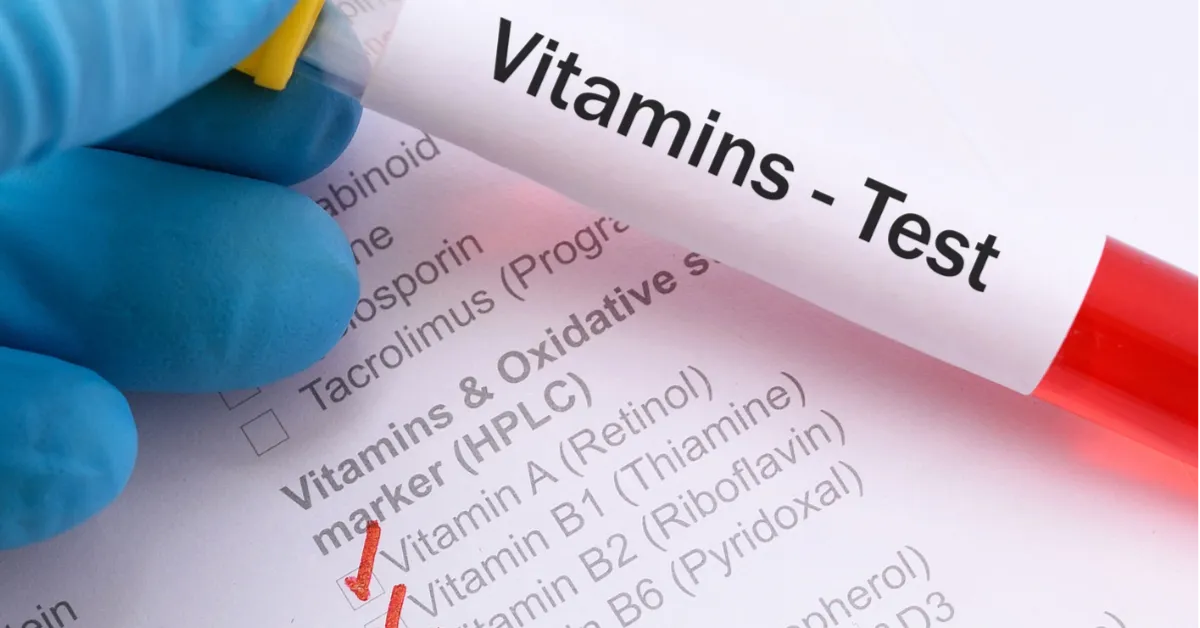EFSA Report on B-Complex Vitamin Requirements in Nutrition
The European Food Safety Authority (EFSA) plays a crucial role in ensuring the safety and quality of food products consumed by European citizens. One of its key tasks is to provide scientific advice, including recommendations for dietary intake levels of essential nutrients like vitamins.
One such recommendation pertains specifically to B-complex vitamins: thiamin (vitamin B1), riboflavin (vitamin B2), niacin (vitamin B3), pantothenic acid (B5), pyridoxine (B6), biotin (B7), folate (B9), and cobalamin (B12). These vitamins are essential for various bodily functions, including energy production, immune system support, and neurological health. The EFSA report on B-complex vitamin requirements in nutrition is designed to provide a comprehensive overview of the current scientific knowledge regarding these nutrients.
The report focuses primarily on establishing adequate intake levels (AILs) based on extensive reviews of scientific literature and expert consultations. It aims to ensure that consumers achieve optimal health benefits while avoiding potential risks associated with excessive or insufficient intakes.
For quality managers, compliance officers, R&D engineers, and procurement professionals involved in the food and feed industry, understanding these recommendations is crucial for several reasons:
- To ensure product safety and regulatory compliance
- To enhance product formulation by incorporating scientifically validated nutrient levels
- To support claims made on packaging labels accurately
- To facilitate sourcing of high-quality raw materials that meet specified vitamin content standards
Our laboratory provides expert analysis based on the EFSA report, ensuring accurate and reliable B-complex vitamin testing. This service helps clients stay abreast of the latest scientific developments and implement best practices in their operations.
| Vitamin | Adequate Intake Level (μg/day) | Source: EFSA Report |
|---|---|---|
| Thiamin | 1.1–1.2 for adults | Data from the 2021 EFSA report |
| Riboflavin | 1.3–1.6 for adults | Data from the 2021 EFSA report |
| Niacin | 14–16 mg for adults | Data from the 2021 EFSA report |
| Pantothenic Acid | 5 mg for adults | Data from the 2021 EFSA report |
| Pyridoxine | 1.3–1.7 mg for adults | Data from the 2021 EFSA report |
| Biotin | 30 μg for adults | Data from the 2021 EFSA report |
| Folate | 400 μg for adults | Data from the 2021 EFSA report |
| Cobalamin | 2.4 μg for adults | Data from the 2021 EFSA report |
The accuracy and reliability of our testing services are paramount, ensuring that clients can trust the results they receive. By leveraging this service, organizations in the food and feed sector can confidently meet regulatory requirements and maintain a reputation for quality.
Why It Matters
The EFSA report on B-complex vitamin requirements is essential for several reasons:
- Health Benefits: Ensuring adequate intake of these vitamins supports overall health and prevents deficiencies that can lead to serious health issues.
- Regulatory Compliance: Adherence to the recommended levels helps avoid legal penalties and maintains a positive brand image.
- Consumer Trust: Meeting nutritional standards enhances consumer confidence in products, leading to increased sales and loyalty.
- Innovation: Understanding these requirements drives innovation in product development and formulation strategies.
The implications extend beyond just compliance; it also impacts the research and development process. By staying updated with the latest recommendations, companies can refine their products to better meet consumer needs while ensuring safety and efficacy.
Scope and Methodology
The scope of our B-complex vitamin testing service encompasses a wide range of applications within the food and feed sector. We utilize advanced analytical techniques to determine the presence and concentration levels of each vitamin in various samples.
- Sample Types: Our services cater to diverse sample types, including dietary supplements, fortified foods, infant formulas, pet foods, and other nutritionally enhanced products.
- Analytical Techniques: We employ state-of-the-art chromatography methods such as High Performance Liquid Chromatography (HPLC) coupled with Mass Spectrometry (MS).
- Data Analysis: Our team of experts interprets the raw data to produce detailed reports that adhere to international standards, including ISO and EFSA guidelines.
The methodology we follow ensures precision and accuracy in our results. Each sample undergoes rigorous quality control measures at every stage of processing, from receipt through analysis up until final reporting.
Use Cases and Application Examples
- Dietary Supplements: Ensuring that supplements contain the correct amount of B-complex vitamins is critical for maintaining product quality.
- Fortified Foods: By adding precise amounts of these vitamins, manufacturers can improve the nutritional profile of their products.
- Innovative Products: Developing new food items or feed formulations that incorporate B-complex vitamins allows companies to differentiate themselves in competitive markets.
| Use Case | Description |
|---|---|
| Dietary Supplements | Ensuring the correct amount of B-complex vitamins is crucial for maintaining product quality. |
| Fortified Foods | Addition of these vitamins enhances nutritional value, appealing to health-conscious consumers. |
| Innovative Products | Developing new food items or feed formulations that incorporate B-complex vitamins allows companies to differentiate themselves in competitive markets. |
Our services are designed to meet the specific needs of each client, whether they are a small startup or a large multinational corporation. We provide customized solutions tailored to individual business goals and regulatory requirements.





